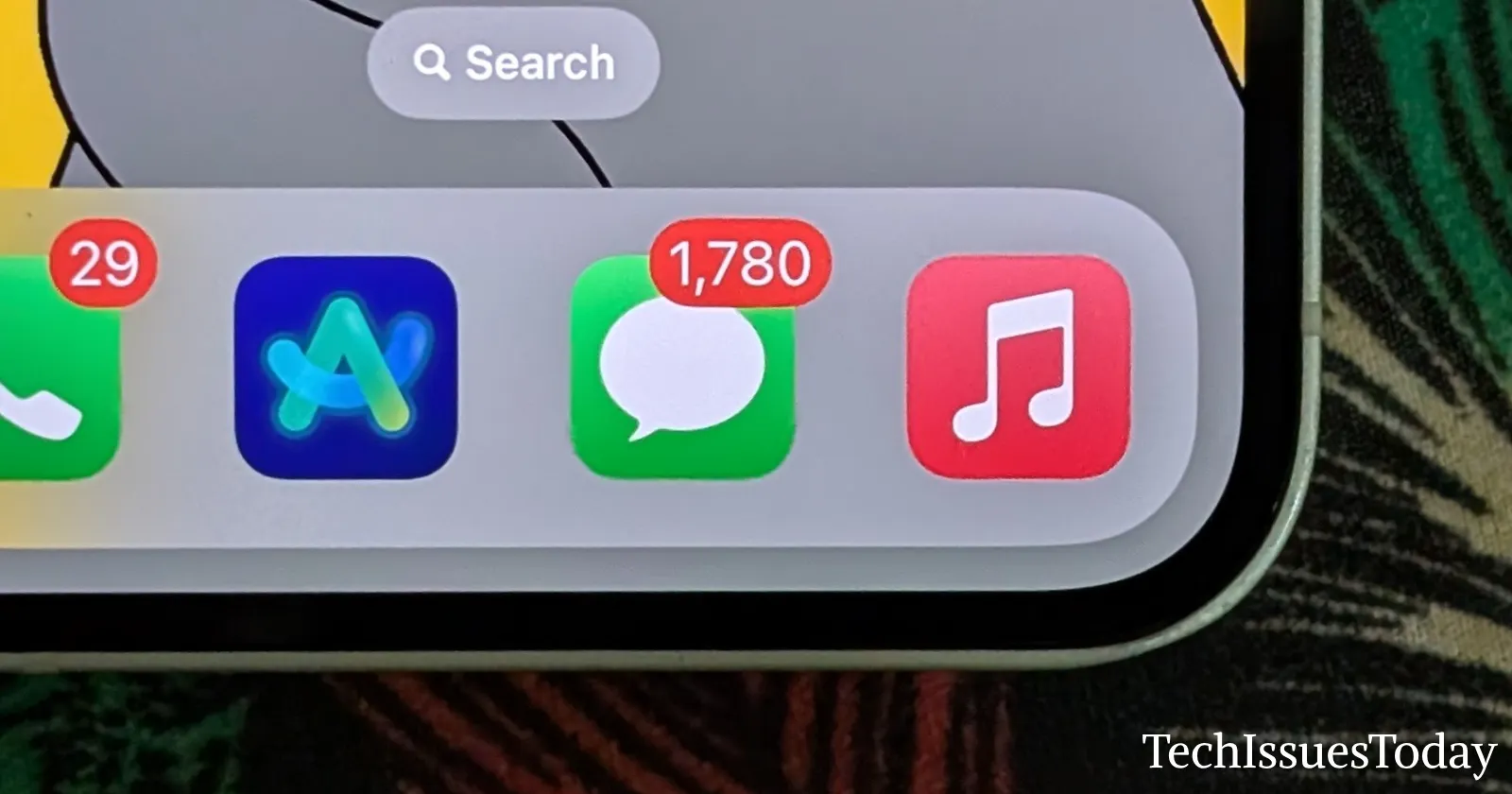If you’ve received a text claiming there’s a suspicious Apple Pay Pre Authorization charge on your account, take a breath — it’s likely a scam. This particular scam has been making the rounds recently, tricking people into thinking their Apple account is at risk. The goal? To get you to panic and call a fake support number.
The text might look something like this:
Apple Approval Notice
“We have noticed that your Apple iCloud ID was recently used at ‘APPLE STORE – CA’ for $143.95, paid by Apple Pay Pre Authorization. Also some suspicious sign-in and Apple Pay activation requests were detected. That looks like suspicious to us. In order to maintain the security and privacy of your account, we have placed those requests on hold. If NOT you, talk to an Apple Representative. Failing may lead to auto debit and charge will not be reversed. Call +1-XXX-XXX-XXXX immediately to cancel this charge.”
Here’s a screenshot of the message shared by a user:
If you’ve received a message like this, here’s what you need to know.
First, Apple doesn’t communicate this way. They won’t text you vague alerts about purchases or request you call a random phone number. The wording in these messages often gives them away — things like poor grammar, awkward phrasing, and overly dramatic warnings. Legitimate Apple messages will refer to you by name and avoid pressuring you to act immediately.
Second, do not call the number or click on any links. These scams rely on urgency. If you call, you’ll likely end up speaking with someone pretending to be from Apple, who might try to collect personal or financial information. Some users have reported receiving follow-up calls or FaceTime requests, adding to the illusion of legitimacy. But make no mistake: Apple will never ask you to verify your account by sharing sensitive information over the phone.
If you’re worried about your account, take these steps instead:
- Check your Apple account directly. Open the Settings app on your iPhone or go to Apple’s official website. Review your purchase history for any unfamiliar charges.
- Contact Apple through official channels. If something doesn’t feel right, call Apple Support at 1-800-MY-APPLE or use the Apple Support app. Don’t trust phone numbers or links provided in unsolicited messages.
- Report the scam. You can forward the text to 7726 (SPAM) or report it to Apple via the official email – [email protected]. This helps Apple track and stop these scams.
Apple community members have also pointed out that scammers sometimes include links to real Apple pages in their messages. This is a tactic to make the scam seem authentic. But even if the link is legitimate, the rest of the message isn’t.
Unfortunately, these scams aren’t going away anytime soon. Fraudsters keep finding new ways to target users, whether it’s through text messages, emails, or even fake support calls. In fact, earlier this year we highlighted a separate scam targeting iPhone users using an Apple ID verification prompt. The best thing you can do is stay vigilant. If something feels off, trust your instincts.
Remember: Apple will never pressure you into making a decision or sharing personal information. Stay safe, and don’t let these scams ruin your day. Lastly, make sure that you share the news with elder members of your family, they’re the ones who are usually the target of such scams.
TechIssuesToday primarily focuses on publishing 'breaking' or 'exclusive' tech news. This means, we are usually the first news website on the whole Internet to highlight the topics we cover daily. So far, our stories have been picked up by many mainstream technology publications like The Verge, Macrumors, Forbes, etc. To know more, head here.



